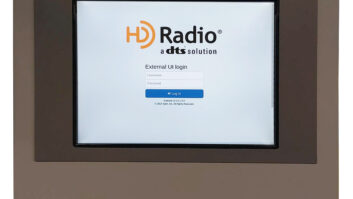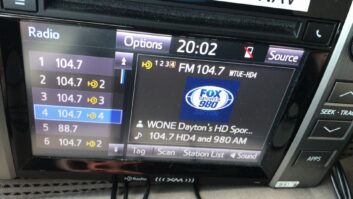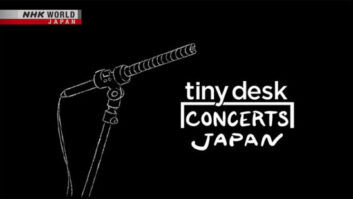House Telecommunications Subcommittee Chair Edward Markey, D-Mass., says a six-year price freeze, rather than the proposed three-year restriction, should be imposed on the satellite radio companies should the Federal Communications Commission approve the proposed merger.
In a July 15 letter to FCC Chairman Kevin Martin, Rep. Markey also says the companies are making an “extraordinary” request for their deal to be OKed. Without “meaningful, enforceable conditions” the proposed merger should be blocked as inconsistent with the public interest, he wrote.
If it approves the deal, the FCC should require the satcasters to follow-through with marketing interoperable receivers, said Markey. The fact that in its approval of the proposed merger earlier this year, the Justice Department relied, “in part, upon the failure of the commission to enforce this rule” to justify the deal “should give great pause to all commissioners,” the lawmaker wrote.
Believing that, in time, a merged satellite radio company would air more commercials, HD Radio technology should be mandated in all new satellite receivers, he said.
National Public Radio, in its own letter, agrees that HD Radio should be mandated in all new satellite receivers. NPR CEO Dennis Haarsager said such a condition would help ensure a competitive market for digital terrestrial broadcasting. More than 380 public radio stations are broadcasting IBOC with 300 more soon to be on air, he wrote.
As we reported, last month the House Appropriations Subcommittee approved an additional $40 million to help public radio stations convert to IBOC. “Clearly, the Congress supports our transition to terrestrial digital broadcasting and the increased programming diversity that represents,” wrote Haarsager.
Like Markey, NPR supports a condition that a portion of the satcaster spectrum be set aside for non-commercial programming. NPR believes 25 percent of the total SDARS spectrum should be reserved for non-com and minority programming as well as emergency services.
NPR’s filing echoes a similar filing made by nine public radio organizations last week.
NPR filed a Petition to Deny the satcaster merger last July.












